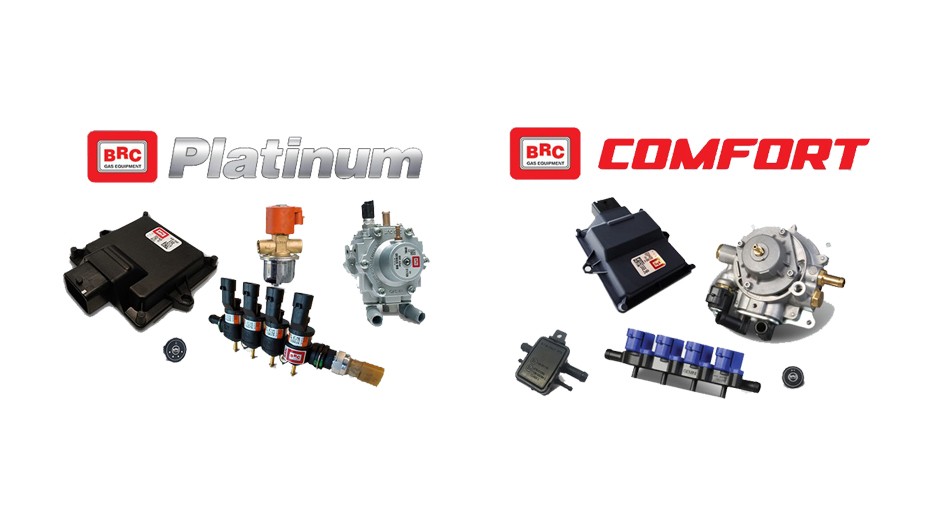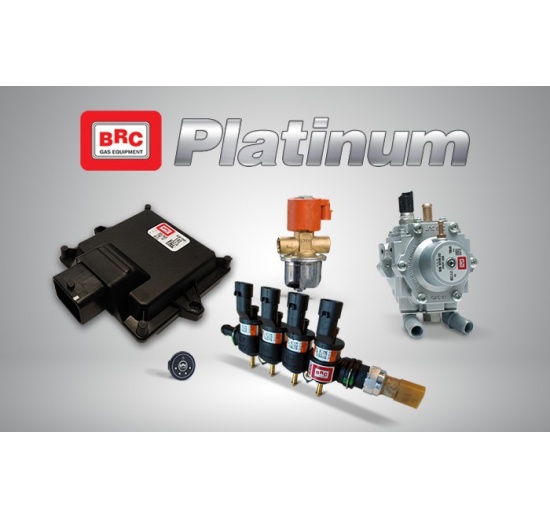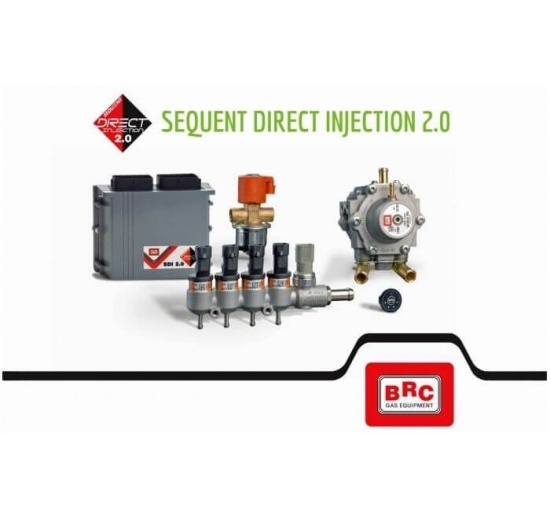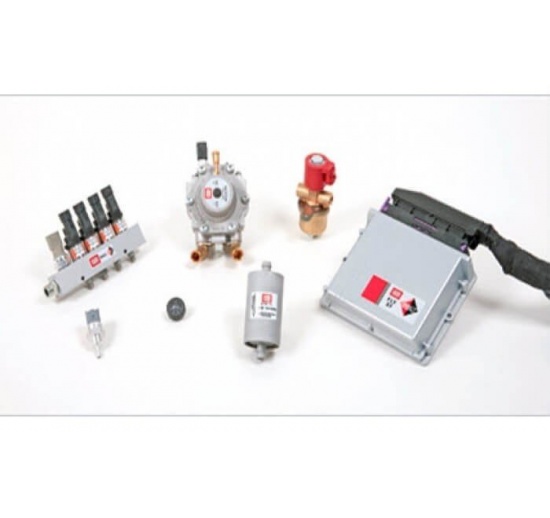LPG Kit
LPG is widely used in automobiles all over the world because it provides significant fuel savings and is less harmful to the environment than gasoline .
LPG kits vary for the application of LPG systems suitable for today’s vehicles . LPG systems are separate for vehicles with atmospheric engines and separate for direct injection vehicles . It is the sequential system LPG kits designed for vehicles with atmospheric engines, the most widely used today. LPG Injection is done by piercing the vehicle’s manifold inlet. Loctite is used during nozzle assembly after drilling . LPG Injection is done with the latest technology LPG Injectors . Bi-Fuel Vehicles with engines can be used on gas or petrol. Vehicle gas can be LPG or natural gas.
The following kits are available as LPG conversion kit types .
- Sequential Sequent 32 LPG Kit
- Sequential Plug and Drive LPG Kit
- LDI LPG Kit
- Carburetor LPG Kit
- SDI LPG Kit
- Sequential Plug and Drive CNG Kit
All LPG kits have an Electronic Control Unit. Both LPG conversion kits can be used in engines with injection .
LPG tanks are in the status of pressure vessels and are manufactured to withstand a maximum of 115 atmospheric gas pressure and external factors. It preserves LPG gas safely. There are two types of gas tanks, cylinder and toroidal (Simit). Generally, 3 – 4 mm thick steel sheet is used in this type of tanks. These sheets are combined with x-ray seam welding system . LPG Tanks must meet the ECER 67 standard. LPG tanks cannot be used for more than 10 years. Tanks that have reached the end of their life must be destroyed. The gas tank is made of plastic. The plastic gas tank is very easy to pierce and tear in case of an accident.
Thanks to LPG, you can run the gasoline engine 40% cheaper. Diesel engines can technically be converted with an O- gas conversion kit, but the savings rate is very low.
The following occurs in vehicles with LPG ;
- Clean exhaust gas
- Engine oil n i n lifetime is extended .
- Since there is no carbon accumulation, the life of the engine increases.
- Clean burning
- Extends the life of the spark plug.
- No fuel pump needed
- Injection fuel system
- Closed fuel system
Due to its higher octane number than LPG gasoline, it is possible to increase engine efficiency and power by increasing the compression ratio in engines.
Filter change is recommended after every 10,000 km. Thermoplastic or copper pipes are used as fuel lines .
LPG vapor is 1.5 times heavier than air . When it is slowly mixed with air, it accumulates on the floor .
ECU (ELECTRONIC CONTROL UNIT)
It is faster and has higher performance. New 32 pin ECUs using 32 MGH microprocessors ; Developed in the BRC R&D department and manufactured in BRC facilities. Thanks to its compact electronic design and high technology used, its dimensions are reduced and the control speed is increased.
Thanks to the EOBD II connection, it provides the opportunity to make the most precise adjustments and control the real-time parameters of the vehicle .
Sequential Autogas Systems
These are the systems where the first start of the vehicle is done with gasoline and then automatically switches to gas when the engine temperature reaches 40 ° C. The amount of oxygen in the exhaust gases is measured and the amount of fuel is regulated properly in the Regulator and injector with the help of the electronic control unit.
How is Sequential Autogas Conversion Done in Vehicles?
By bringing the gas in the LPG Tank to the engine part by pulling the fuel line, the Regulator converts the liquid gas under high pressure to the vapor phase. LPG coming out of the regulator in the vapor phase is filtered and purified from impurities. Then, it is given to the cylinders through injectors and combustion is provided.
After mechanical assembly, vehicle specific calibration is performed. Calibration is a must for the system to be activated . With calibration, the LPG ECU creates the same gasoline map for LPG by memorizing all operating parameters of the vehicle . Thus, there is no performance loss in the vehicle.
After calibration, the vehicle is ready to go on gas.







There are no reviews yet.